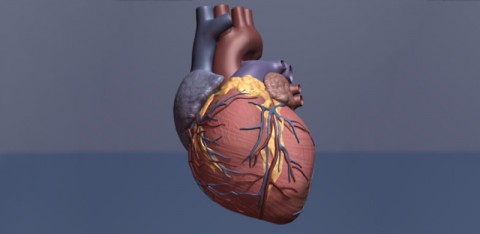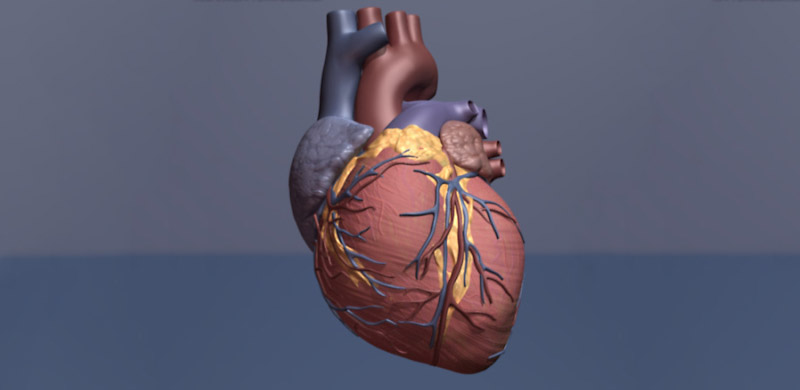Circulation Research Journal Report
 Dallas, TX – Cells that line the interior surface of blood vessels (endothelial cells) have the capacity to clonally expand and contribute to the development of new vessels due to inadequate blood supply to the heart, known as ischemia, according to a study in mice published in Circulation Research, an American Heart Association journal.
Dallas, TX – Cells that line the interior surface of blood vessels (endothelial cells) have the capacity to clonally expand and contribute to the development of new vessels due to inadequate blood supply to the heart, known as ischemia, according to a study in mice published in Circulation Research, an American Heart Association journal.

“There are numerous areas within and beyond cardiovascular medicine, where the ability to increase endothelial growth in a controlled manner would be of significant clinical value,” said Circulation Research editor Roberto Bolli. M.D.
Bolli is Chief of the Division of Cardiovascular Medicine and Director of the Institute of Molecular Cariology at the University of Louisville in Kentucky.
“Attempts to control endothelial growth and proliferation for therapeutic gain, in the areas of coronary artery and peripheral vascular disease, have been met with limited success,” he said. “These data provide potentially important information that endothelial proliferation, a critical process for meeting this goal, does not occur at random, but rather is the result of selective cells providing a greater than random contribution to the total new vasculature.”
The study’s senior author is Stefanie Dimmeler, Ph.D., Director of the Institute for Cardiovascular Regeneration Centre of Molecular Medicine at Goethe University Frankfurt in Frankfurt, Germany
The study was funded the Excellence Cluster Cardiopulmonary Systems (German Research Foundation), and the LOEWE Centre for Cell- and Gene Therapy (State of Hesse) and the German Research Foundation (SFB834). The authors declare no competing financial interests.
Additional Resources:
- View the manuscript online.
- Follow AHA/ASA news on Twitter @HeartNews
- For updates and new science from the Circulation Research journal follow @CircRES.



